By Ma Jiajia & Jiang Wenqian From CNS
American sociologist, writer and country music singer Mark Levine is an educator at Minzu University of China in Beijing. A professor of the Union of Western and Eastern Education headquartered in Beijing and an expert of China International Talent Exchange Foundation, a Chinese non-profit organization, he is the author of Stories from My Chinese Journey and Demystifying Impromptu Speech. He uses American country music to tell Chinese stories and has composed over 70 songs themed on China. He has been given honorary “citizenship” of Huai’an, a city in Jiangsu Province in east China, and is also a recipient of the Beijing Great Wall Friendship Award, and the Chinese Government Friendship Award for his outstanding contribution as a foreign expert in China’s modernization and reform and opening up.
Mark Levine discusses the ideological and cultural differences between the East and the West, as well as the barriers to bilateral exchanges and mutual learning.
CNS: You have been in China since 2005. What significant changes have you seen in this period? And how did you come up with the idea of using music to tell the stories of China?
Mark Levine: My first stop in China was Huai’an, the hometown of the late Premier Zhou Enlai. It was there that I wrote my first song after coming to China, “Huai’an—Promise of the Future,” as I felt there was a bright future ahead.
It was in China that I was inspired to start writing songs. I love strumming my guitar while walking in the streets and when inspiration strikes, I will write the song down. I wrote a song while rafting on the Lijiang River. Later, I started to write on specific themes. Music is a more convenient way to communicate than writing books.
When talking about the changes in China over the years, people will normally mention WeChat, the Chinese social media and instant messaging as well as payment app, high-speed railway and so on, but to me there is something more important. When I first came to China, I found many young Chinese were not confident about the future of their country and themselves. They wondered why there was only “made in China” instead of “designed in China” in the sector of mobile phones. You don’t see that any more. Young people today are proud and confident. This sense of pride is internalized and creates motivations that impact individual behavior.
CNS: What are the differences and similarities in the ways the East and the West think? Can they reach mutual understanding?
Mark Levine: I wrote a song about China’s response to the COVID- 19 pandemic, and before that, I had written songs about the response to the 2008 earthquake in Wenchuan in southwest China (in which over 60,000 people were killed), blizzards, floods and other disasters. The common theme of these songs is that the Chinese government, military, police, enterprises and people always come together as one. In the U.S., however, often time is wasted debating whether to do this or that. It’s not easy for everyone to work together to address problems. This reflects the nature of traditional Chinese culture and modern civilization, which is the understanding that problems can be resolved only through joint efforts. The United States, on the other hand, has always been too much focused on individual achievement and pursuit. In the case of its response to the COVID-19 pandemic, a lack of unity made things worse. Besides, the Chinese people are more willing to lend a hand when others are in difficulty than Americans. I hope Americans can gain more understanding of China, especially in these areas.
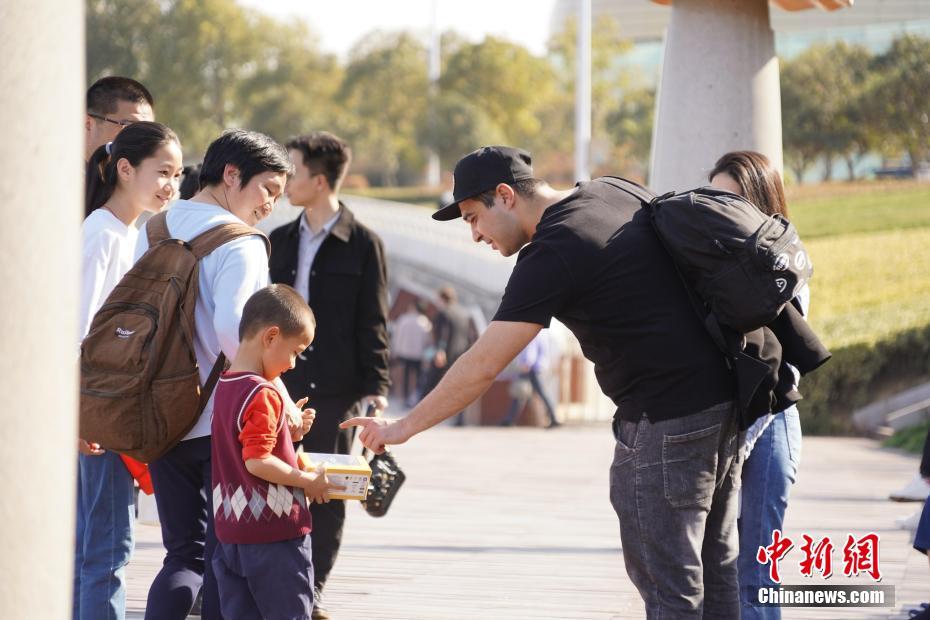
CNS: What should be done to promote exchanges and mutual learning between the two countries?
Mark Levine: China opposes hegemony and advocates managing one’s own business first before exploring ways of cooperation. But the United States believes that cooperation with it should be based on the rules set by it.
Political conflicts in the U.S. are fierce and people have little faith in their government. I think at the private level, improving the U.S.- China relationship or the relationship between Western countries and China depends more on the people. The best way to communicate across cultures is for people with different cultural backgrounds to sit down and talk face to face. Although they come from different countries and speak different languages, they share the same goal, which is to pursue a better life without harming each other.
I know many foreigners who came to China full of stereotyped notions but began to understand and respect China after interacting and working with the Chinese. A few years ago I met a musician from Boston at a Chinese music festival and asked him how he felt about living in China. “It’s amazing,” he said. “I didn’t know the country well before I came, but now, when I get back to the States, there are so many [China stories] I want to tell people.”
When foreign tourists and students come to China, they get a firsthand experience. They talk to people face to face, learn from them, see for themselves how people’s livelihood in China has improved, and thus form an accurate perception, instead of a distorted one fabricated by the U.S. government and some media. Personal experience speaks louder than secondhand books, interviews or any TV programs.
CNS: How do the professors and students from different ethnic groups get along at Minzu University of China, where you teach?
Mark Levine: A few years ago, I was asked a similar question at a symposium. Someone asked me, “Since the university has students and teachers from different ethnic groups, how do you handle clashes between them, especially clashes arising from ethnic issues?” I replied, “In the 11 years that I have been working at the university, I’ve never seen or heard of any clash between teachers and students over ethnic issues.”
I think the key to national harmony lies in shared values. While people seek their own well-being, they also think about how they can contribute to their country and to the well-being of others. In traditional Chinese culture, this is called “a sense of responsibility for one’s compatriots.”
CNS: Based on your personal observations, how do you see the environment of multi-ethnic development in China and the Western accusations of human rights violations in China?
Mark Levine: I have visited 29 provinces, autonomous regions and municipalities across China, many of which are inhabited by the ethnic groups. I saw policies to guarantee that the poor in the rural areas don’t have to worry about food and clothing and have access to compulsory education, basic medical services and safe housing, which have been well implemented.
I’ve also witnessed obvious progress in people’s livelihoods in Hubei, Hunan, Anhui, Jiangsu and Yunnan provinces, many of which were underdeveloped or are mountainous or remote. China has succeeded in eradicating absolute poverty, and we have every reason to believe that it will achieve more poverty reduction targets.
As for the human rights violation accusations made by the United States, I want to say, based on the firsthand information I’ve obtained from the places I’ve visited, they are totally ill-founded. The U.S. always likes to blame its “rivals.” It makes outrageous demands on countries that refuse to be bullied, and ignores all the terrible things its allies and countries that take orders from it do.
We must not forget that the U.S. launched the Vietnam War on the ground that its warships were attacked. It also went to war with Iraq on the ground that Baghdad had weapons of mass destruction. Both accusations proved false. Many of the things said by the American media were not true at all.
Edited by Wang Zonghan
2024.2.22








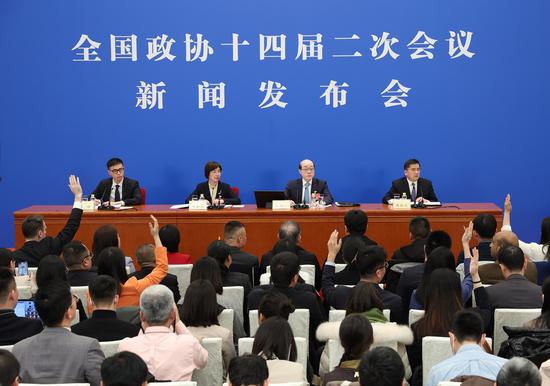



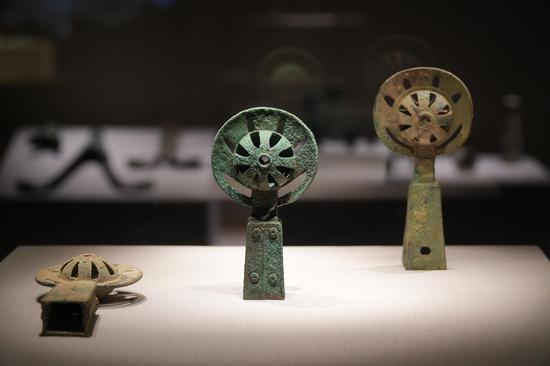



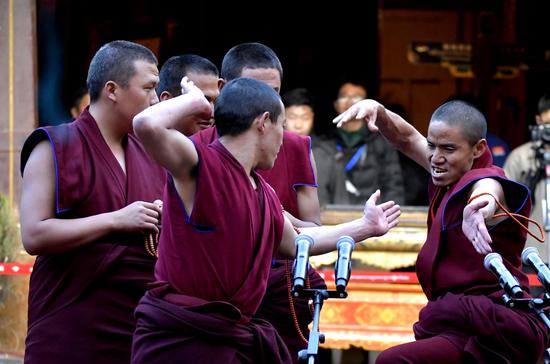


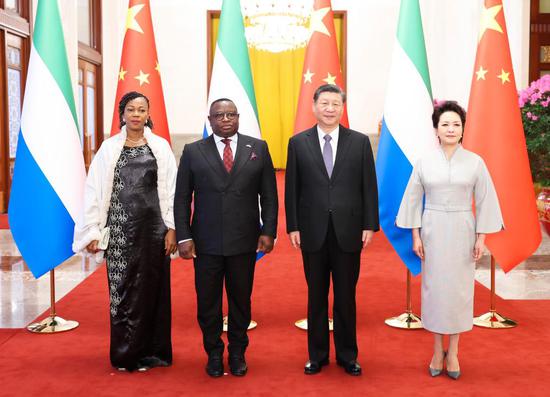



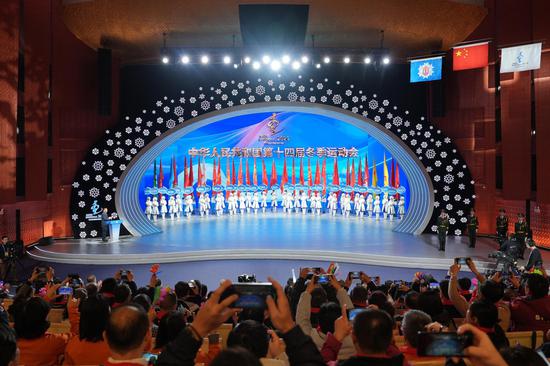


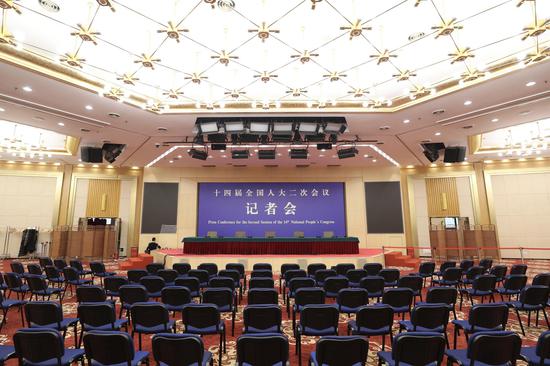
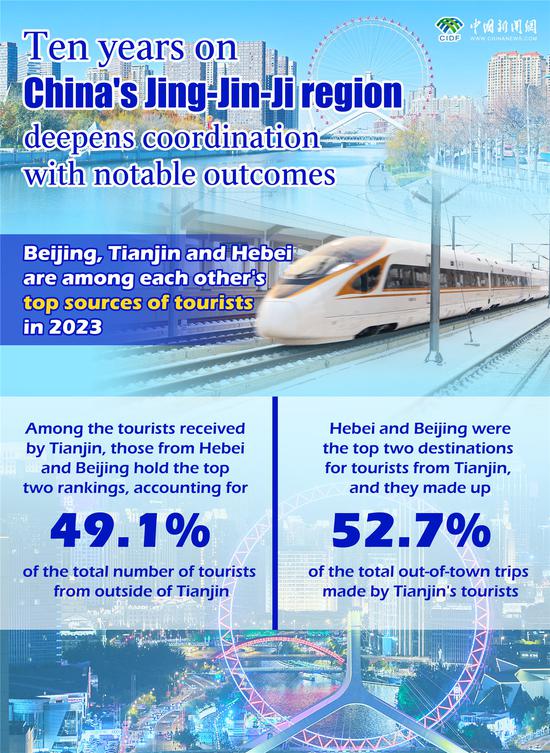
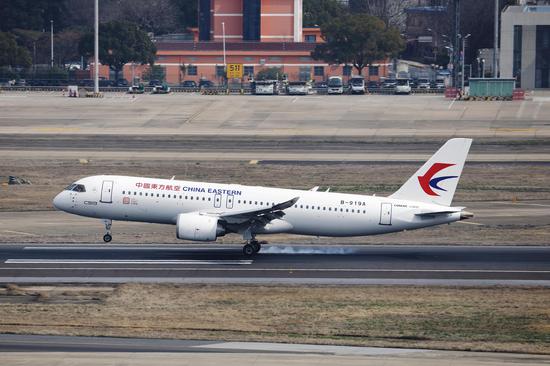
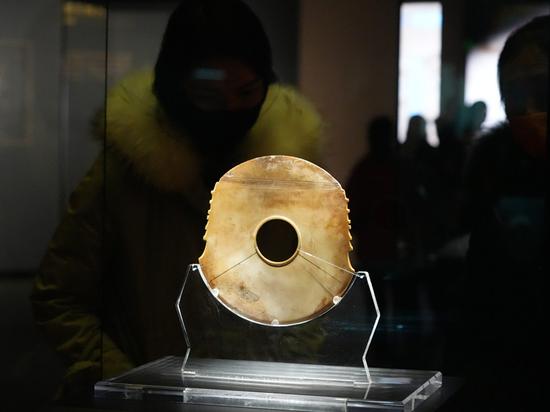


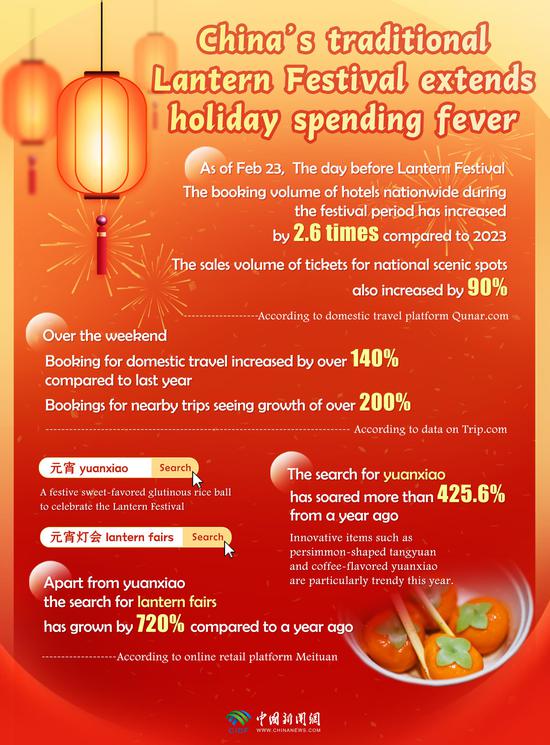
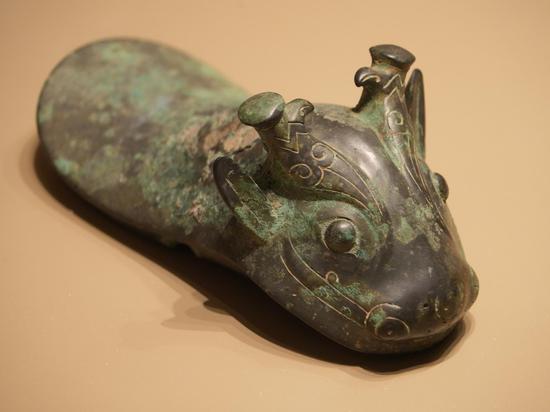







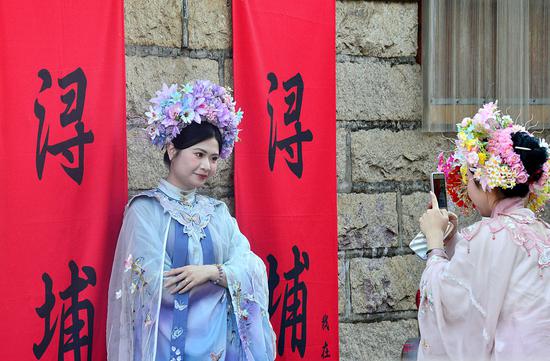
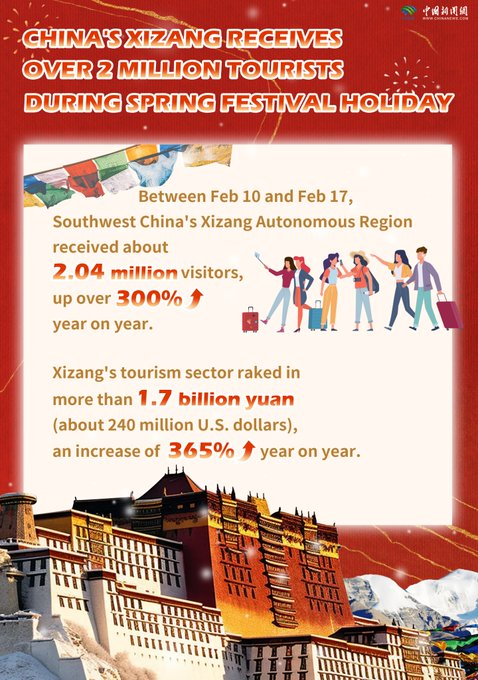







 京公网安备 11010202009201号
京公网安备 11010202009201号